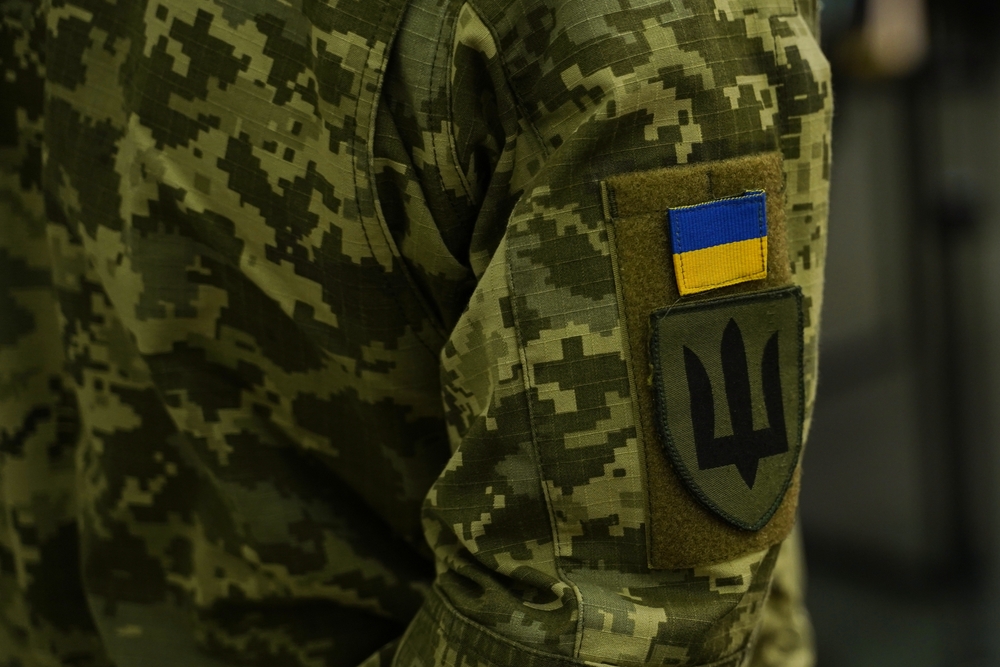The 43-year-old volunteered as soon as he heard that the war has started.
Others are reading now
For many Ukrainians, the first day of war was chaos.
For Adrian Medvedi, a Romanian from Ukraine’s Chernivtsi region, it was a call to action. On February 24, 2022, when Russia launched its full-scale invasion, Medvedi didn’t hesitate.
By the end of the day, he had traded his role as a public servant for a place on the battlefield.
The 43-year-old volunteered as soon as he heard the news.
Also read
“My son woke me up and said war had started. I turned on the TV and saw it was true. Like many others, I rushed to the military office,” he recalled in an interview with Agerpres, according to Digi24.
Survived 30 Minutes Bombardment
At first, the enlistment process was swift.
“Within three hours, I was in the army. I was given a weapon and ammunition. That same night, I was deployed to guard Chernivtsi Airport.”
The fear of Russian troops landing there made it a critical position.
Soon after, Medvedi was sent to the frontlines. His destination was Harkov and Kupiansk, areas gripped by intense fighting.
“We didn’t know where we were going. Orders were short. We simply followed commands and stayed ready for anything,” he said.
The harsh realities of war hit quickly. He described one of his first traumatic experiences in September 2022.
“We entered a village that had just been liberated. Everything was mined. A comrade stepped on a mine and lost his leg right next to me. That’s when I realized how easily I could die.”
In November, Medvedi narrowly survived a brutal attack.
“We were bombarded for an hour and a half. Forty-one shells fell around us, landing with terrifying precision. Somehow, none hit our vehicle. It was a miracle.”
The constant stress and danger took a toll. “Hearing shells coming, not knowing where they’ll land—it’s a fear you can’t describe. You drop to the ground, close your eyes, and pray.”
Medvedi now believes that younger soldiers will struggle for years with the trauma of war.
“We older ones can handle it better. But the younger men will carry this for a lifetime.”
After over a year on the frontline, Medvedi returned home due to a severe spinal injury. He now works again at Herța City Hall but remains ready to defend his country if needed.
“We hope for peace, but we have to be realistic. This war isn’t ending soon. Ukraine still needs help to fight back.”


